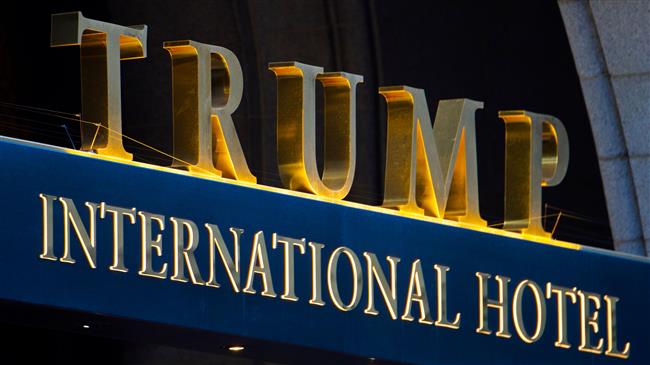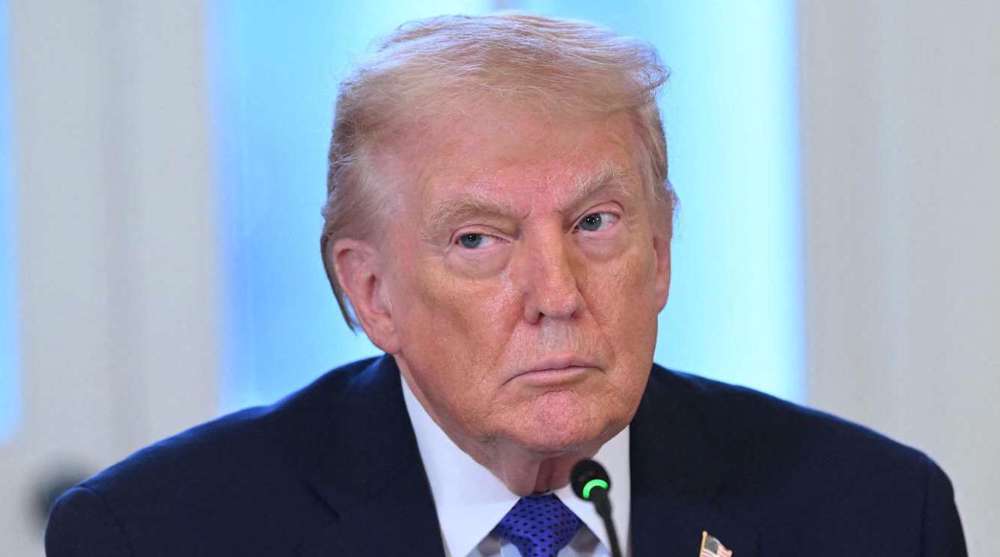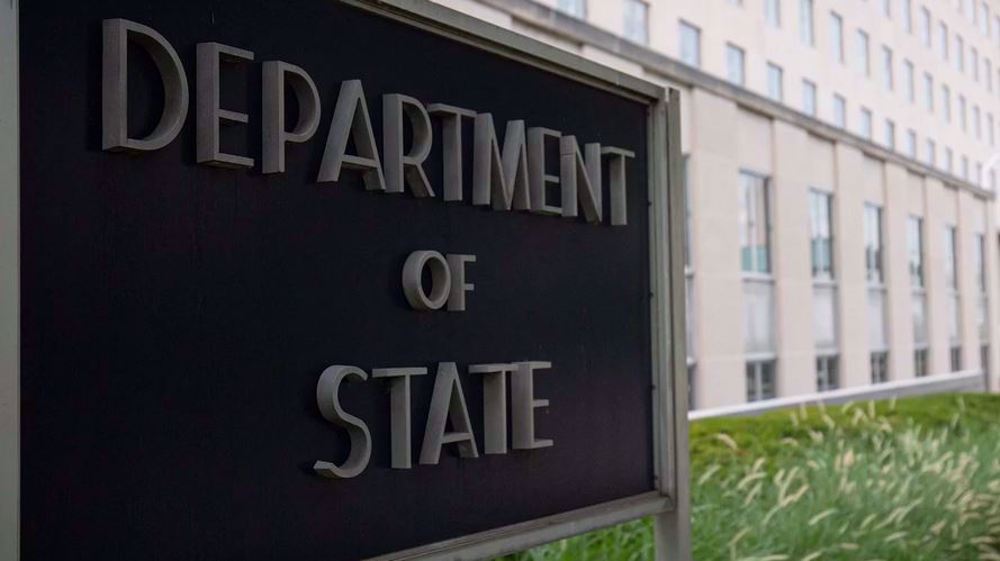Congress can sue Trump over foreign payments: Judge
A US federal judge in Washington says a group of nearly 200 Democratic lawmakers in Congress have legal standing to sue President Donald Trump to prove he violated the US Constitution’s provision banning the acceptance of foreign payments.
US District Judge Emmet Sullivan said Friday in a ruling that lawmakers who brought the law suit can sue Trump for allegedly flouting the Constitution’s “emoluments” clause, which prevents federal officeholders from accepting presents and other benefits from foreign governments without the “consent” of Congress.
The constitutional provision at issue is designed to prevent corruption and foreign influence. Sullivan said in his ruling that the provision gives each member of the Senate and House of Representatives the right to vote before the president accepts a prohibited foreign emolument.
“Accordingly, plaintiffs adequately allege that the President has completely nullified their votes,” Sullivan wrote.
Though Sullivan said the legislators are entitled to sue, he has yet to rule on whether the profits Trump earns from foreign governments are actually prohibited.
The lawsuit, filed in June 2017, is the third constitutional challenge to Trump’s business interests while in office, but it is notable because the plaintiffs are themselves members of Congress.
The 198 lawmakers in both chambers of Congress involved in the lawsuit are all members of the Democratic Party.
US District Judge Peter Messitte in Greenbelt, Maryland, has allowed a similar lawsuit to move forward, but in December 2017, a judge in New York City threw out yet another case, which is now on appeal.
“By recognizing that members of congress have standing to sue, the court proved to all in America today that no one is above the law, not even the president,” said Elizabeth Wydra, president of the Constitutional Accountability Center, a Washington-based liberal legal organization representing the lawmakers.
The Trump Organization’s properties worldwide have come under increasing scrutiny since Trump was elected US president in 2016.
Trump, a wealthy real estate developer who as president regularly visits his own hotels, resorts and golf clubs, maintains ownership of his businesses but has ceded day-to-day control to his sons. Critics have said that is not a sufficient safeguard.
New York City's chief financial officer to defy Mayor Mamdani by purchasing Israeli bonds
European leaders reject Trump’s ‘blackmail’ over Greenland tariffs
Iran warns Europe is sidelining itself by ‘blindly following’ US, Israel
VIDEO | Press TV's news headlines
Pentagon readies 1,500 soldiers to deploy for Minnesota protests crackdown
US evacuation of Ain al-Asad base bolsters Iraq’s national sovereignty: Iran FM
Bogus claims, fake sources: Who ignited the flames of unrest and sedition in Iran
Trump demands countries pay $1 bn to join Gaza ‘Board of Peace’: Report











 This makes it easy to access the Press TV website
This makes it easy to access the Press TV website